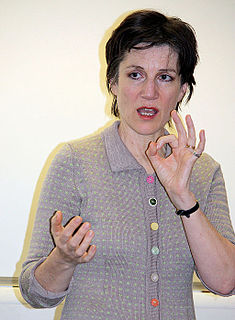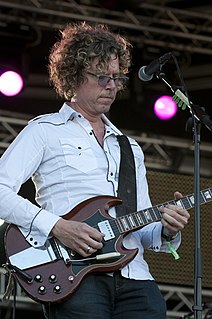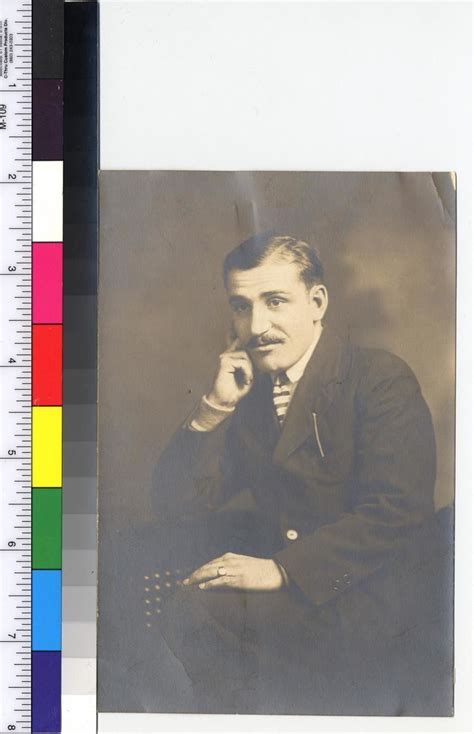A Quote by Peter Weir
There's almost a fear that if you understood too deeply the way you arrived at choices, you could become self-conscious. In any case, many ideas which are full of personal meaning seem rather banal when you put words to them.
Related Quotes
We accepted a definition of ourselves which confined the self to the source and to the limitations of conscious attention. This definition is miserably insufficient, for in fact we know how to grow brains and eyes, ears and fingers, hearts and bones, in just the same way that we know how to walk and breathe, talk and think - only we can't put it into words. Words are too slow and too clumsy for describing such things, and conscious attention is too narrow for keeping track of all their details.
If anything, my problem is, I'm not a genius, it's just that I can write songs very quick. I have a lot of ideas, let's put it that way - I have too many ideas. And my problem is, I stockpile ideas and I get lazy and I don't finish them, and next thing I know, I'm looking around and I've got a hundred song ideas, but are any of them any good? I don't know.
You are the luminous mystery in which the entire universe with its forms and phenomena arises and subsides. When this realization dawns there is a complete transformation of your personal self into your universal self . . . the complete loss of all fear, including death. You have become a being who radiates love the same way the sun radiates light. You have finally arrived at the place from which your journey began.
I hear the words, the thoughts, the feeling tones, the personal meaning, even the meaning that is below the conscious intent of the speaker. Sometimes too, in a message which superficially is not very important, I hear a deep human cry that lies buried and unknown far below the surface of the person.
So I have learned to ask myself, can I hear the sounds and sense the shape of this other person's inner world? Can I resonate to what he is saying so deeply that I sense the meanings he is afraid of, yet would like to communicate, as well as those he knows?
One listens to a piece of great music, say, and feels deeply moved by it, and wants to put this feeling into words, but it can't be put into words. That's what - the music has already supplied the meaning, and words will just be superfluous after that. But it's that kind of verbal meaning that can't be verbalized that I try to get at in poetry.
Many people become self-conscious when they communicate. Whether it's writing or speaking, they are consumed by anxiety. Self-consciousness is an impediment to what is required to serve an audience effectively. One's goal must be to achieve audience consciousness. To put oneself in their place, to recognize that the value of any communication arises from how it is received by them, not by what it means to the author. Rather than learning a multiplicity of rules for speaking, for example, I would suggest that a focus on serving one's audience will simplify and clarify everything.
Some people are averse to competition and allow the words 'co-operation' and 'humanism' to drool from their mouths, apparently meaning thereby a large blob of protoplasmic homogeneity that lacks all individuality. It is not individuals and their liberty that concerns them, but rather some sort of well greased squirming mass that would seem to be analogous to the brains from which such amorphous 'ideas' emanate.
There's definitely some pieces in there that reflect on my personal life, but really, they aren't as personal as everybody thinks they are. I would like them to be more personal. The emotions, the songs themselves are personal. I can't do it - I've tried to write personally and it just doesn't seem to work. It would be too obvious. Some things that you could read in could fit into anyone's life that had any amount of pain at all. It's pretty cliche'.






































